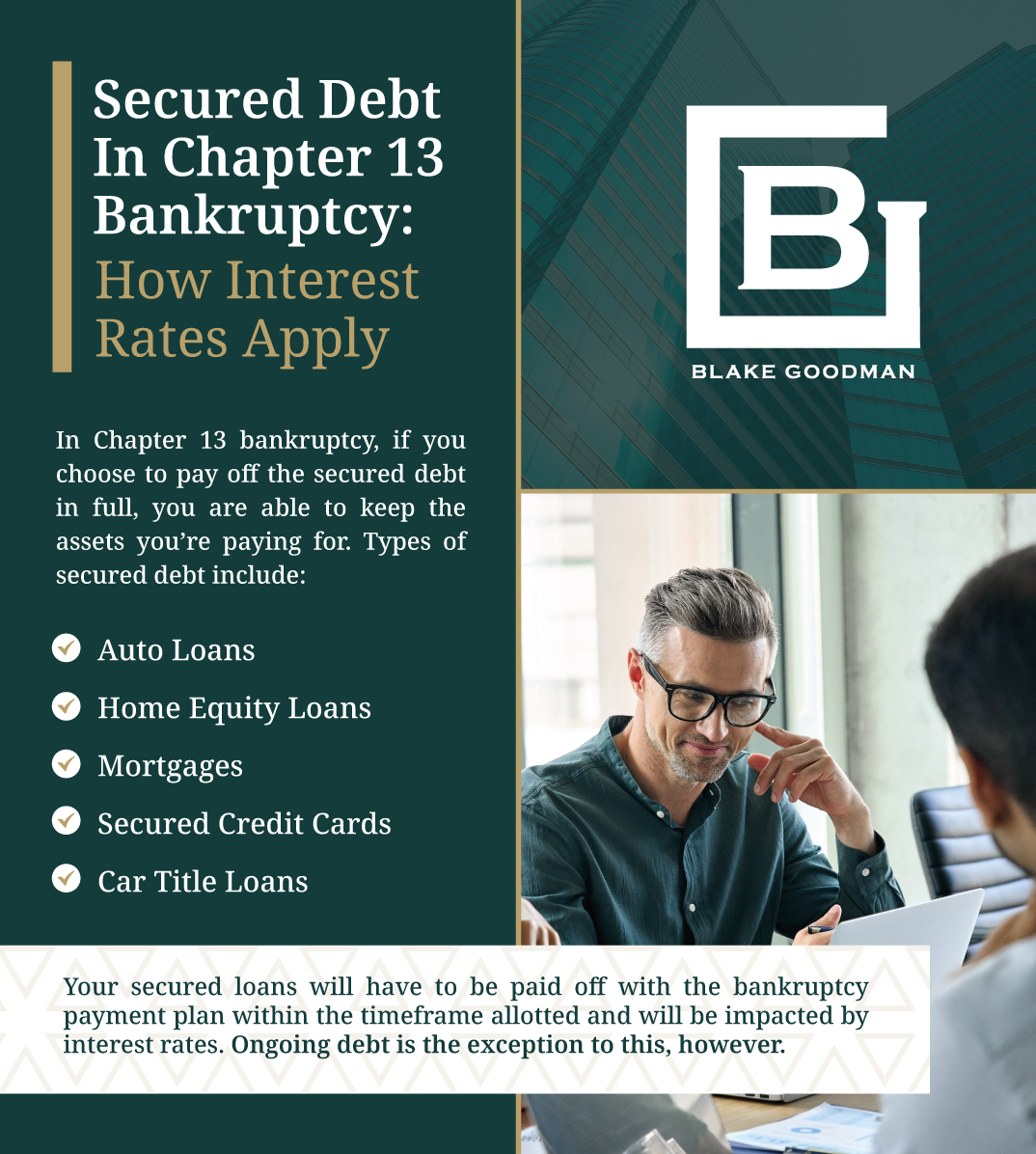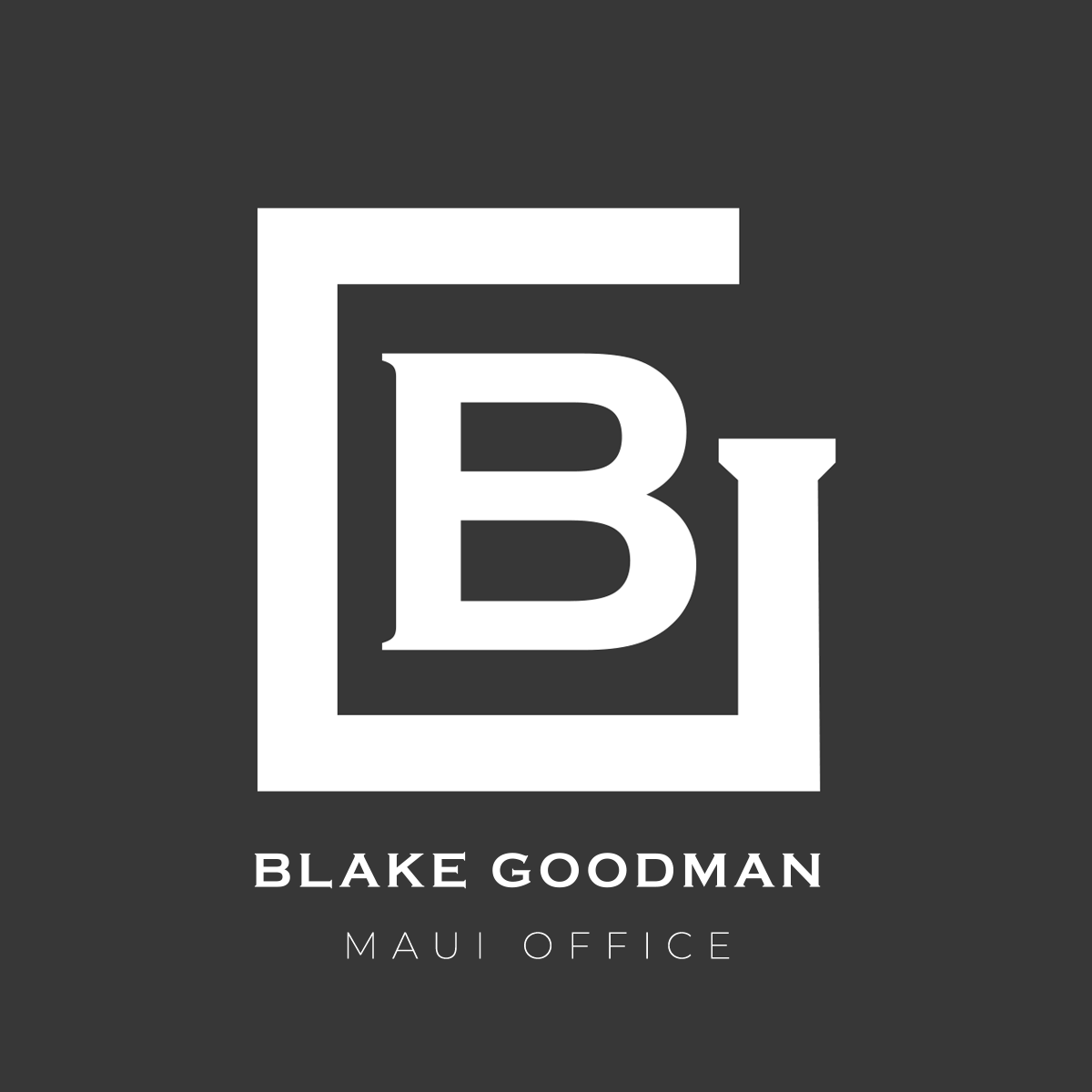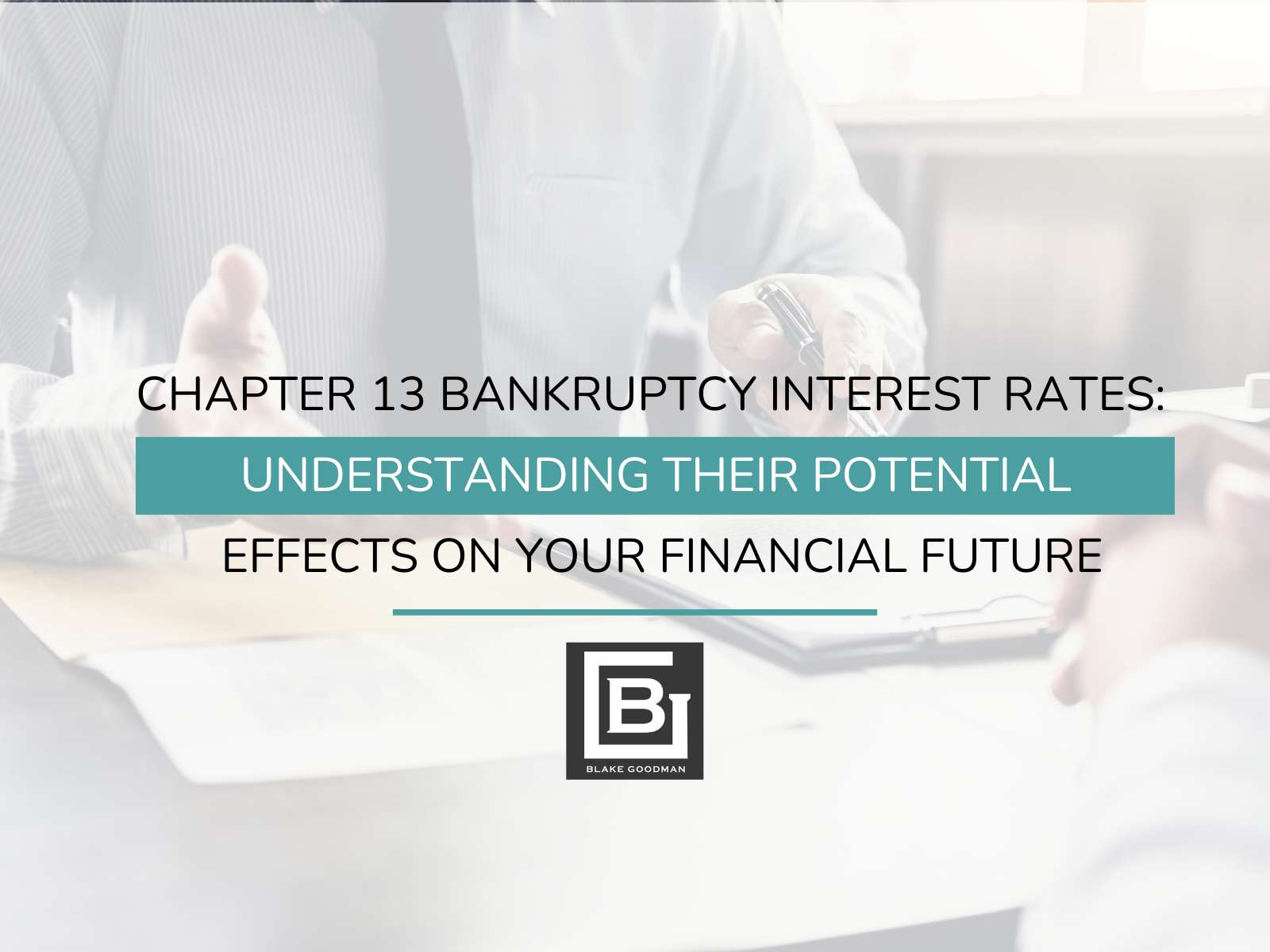How Interest Rates Impact Your Chapter 13 Bankruptcy in Hawaii
Understanding Chapter 13 bankruptcy interest rates is essential for anyone considering this form of debt relief. Chapter 13 allows individuals to reorganize their debts into a manageable repayment plan, typically spanning three to five years. However, the interest rates applied to various debts during this period can significantly impact the overall cost and feasibility of the repayment plan. By grasping how these rates are determined and their potential effects, you can make more informed decisions about your financial future and work towards a successful bankruptcy resolution.
Finding a bankruptcy lawyer who will help you file for bankruptcy can be the first step towards freeing yourself from too many financial obligations. Bankruptcy does not free you from interest rates, however. Understanding how interest works when it comes to bankruptcy is important so you know exactly what you’re getting into.
Understanding Chapter 13 Bankruptcy & Interest Rates

When it comes to interest in a Chapter 13 bankruptcy, your repayment plan will include an interest rate. According to the United States Bankruptcy Court District Of Hawaii, The standard interest rate for Chapter 13 plans filed in cases that begin or are converted to Chapter 13 on or after January 1, 2024, is set at 10.00%.
The Duration Of The Chapter 13 Bankruptcy Interest Rate
During Chapter 13 bankruptcy, you will have interest rates on your payment plan. The plan must be 3 years or longer and no more than 5 years. You will be assigned an interest rate which will not change until your Chapter 13 bankruptcy is completed.
It is important to note that the interest rate you are given may not be applied to all of your debt the same. Your debt will be put into different categories and the interest rates will apply to the categories differently. A bankruptcy attorney can help you understand how your specific debt will be impacted by interest rates.
Secured Debt In Chapter 13 Bankruptcy: How Interest Rates Apply
Secured debt is a type of debt that uses collateral. In Chapter 13 bankruptcy, if you choose to pay off the secured debt in full, you are able to keep the assets you’re paying for. Types of secured debt include:
- Auto Loans
- Home Equity Loans
- Mortgages
- Secured Credit Cards
- Car Title Loans
Your secured loans will have to be paid off with the bankruptcy payment plan within the timeframe allotted and will be impacted by interest rates. Ongoing debt is the exception to this, however.

Ongoing debt is debt that will most likely continue once your bankruptcy payment plan is over. Ongoing debt is often things like mortgages and some auto loans. Your bankruptcy plan will help pay off ongoing debt, but it likely will not eliminate it altogether.
The interest rates on ongoing debt will solidify at whatever the court agrees upon during the payment period. Once the bankruptcy case is closed, the interest rates are subject to change and should be addressed alongside a bankruptcy lawyer to make sure the rates are fair.
Priority Unsecured Loans In Chapter 13 Bankruptcy
Unsecured debt does not have collateral to secure it. Unsecured claims can fall into different categories with some being deemed priority by the court while others are not. Priority loans must be paid in full and will be subject to interest rates. Some priority loans include:
- Income tax debts
- Child support
- Spousal support
- Other domestic support obligations
- Court and attorney fees
General Unsecured Loans In Chapter 13 Bankruptcy

The court along with your bankruptcy lawyer will help determine how much of these loans you are required to pay under Chapter 13. Most of the time, the required payment amount is a fraction of what is owed.
Secure Fair Interest Rates and Expert Guidance on Hawaii Chapter 13 Bankruptcy with Our Attorneys!
Bankruptcy can be a confusing process with lots of nuances. At Blake Goodman, P.C., our Honolulu bankruptcy lawyers possess deep expertise in Hawaii bankruptcy law. We’re here to help you determine your eligibility for Chapter 13 and understand how interest rates may affect your financial situation.
To ensure fair results and to protect your rights, contact our Hawaii bankruptcy attorneys and have peace of mind as you enter the bankruptcy process.

Email: blake@debtfreehawaii.com
Website: https://www.debtfreehawaii.com/
HONOLULU OFFICE
900 Fort Street MallSuite 910
Honolulu, HI 96813
Phone: (808) 517-5446
AIEA OFFICE
98-1238 Ka'ahumanu StSuite 201
Pearl City, HI 96782
Phone: (808) 515-3441
KANEOHE OFFICE
46-005 Kawa StSuite 206
Kaneohe, HI 96744
Phone: (808) 515-3304
MAUI OFFICE
220 Imi Kala St. #203BWailuku, HI 96793
Phone: (808) 515-2037

Blake Goodman received his law degree from George Washington University in Washington, D.C. in 1989 and has been exclusively practicing bankruptcy-related law in Texas, New Mexico, and Hawaii ever since. In the past, Attorney Goodman also worked as a Certified Public Accountant, receiving his license form the State of Maryland in 1988.

